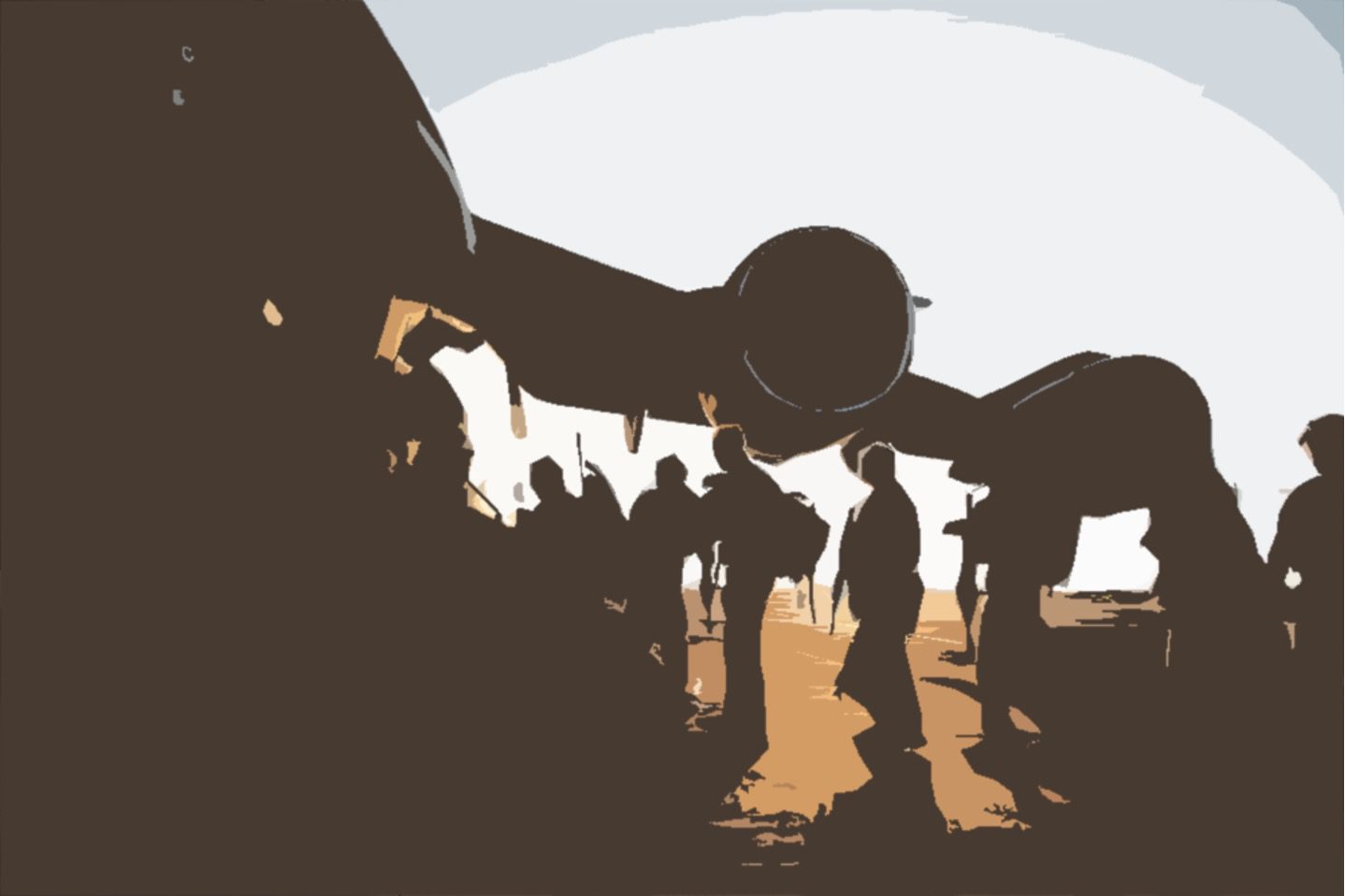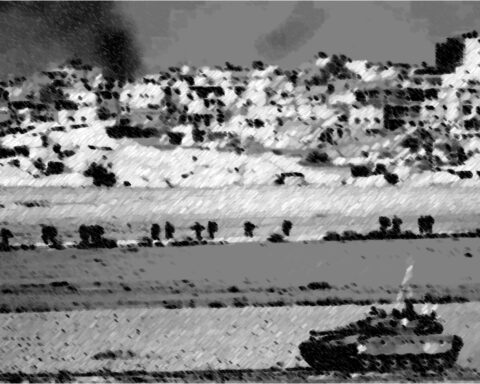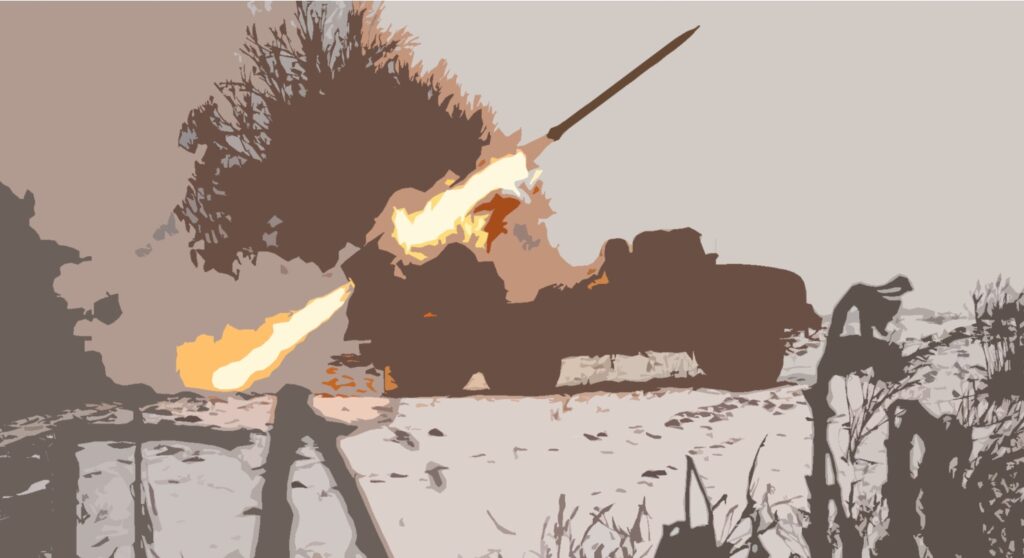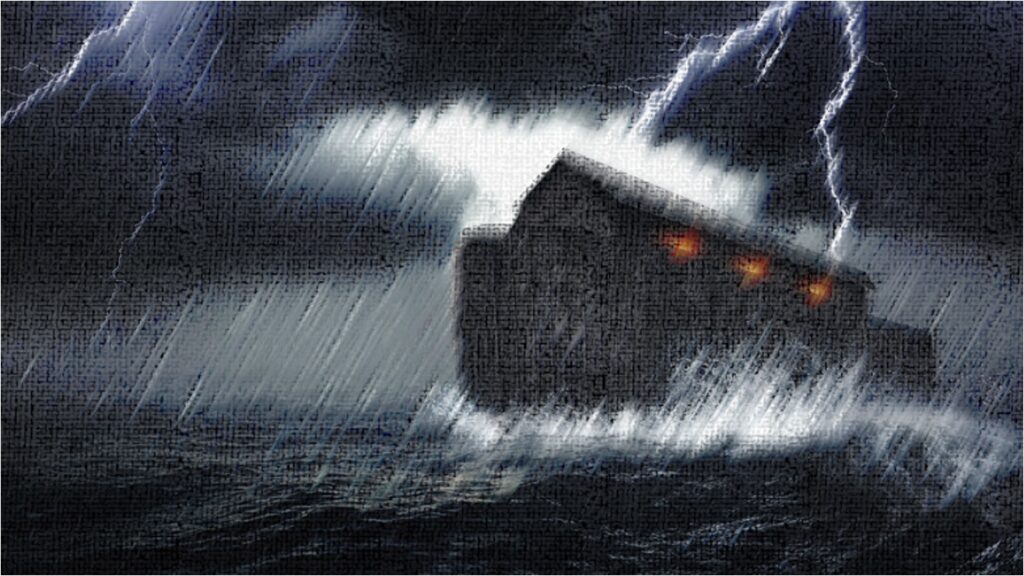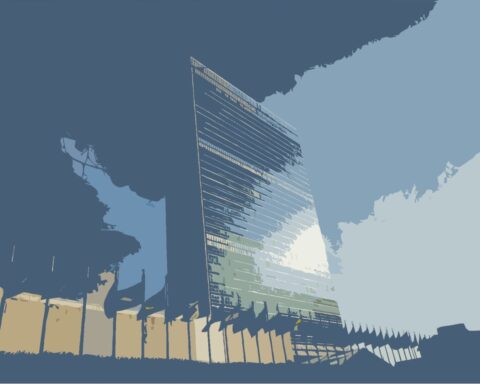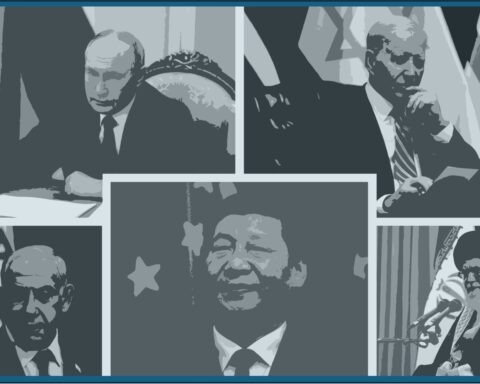An Analysis of the Last Century of American Foreign Policy
The Validity of Pessimistic Criticism
Recently, I listened to Fareed Zakaria’s podcast on Foreign Affairs (America’s Dangerous Pessimism, A Conversation With Fareed Zakaria, December 14, 2023). This interview was conducted in response to an article he wrote (The Self-Doubting Superpower America Shouldn’t Give Up on the World It Made, By Fareed Zakaria, Published on December 12, 2023). In this article, I found some answers I was seeking and also confirmed my viewpoints. It’s important to note that such wide-ranging critiques covering politics, strategy, and systems should be possible in every country. Reading countries’ situations comparatively is very beneficial.
The range of thought in some countries can vary greatly. This is especially true regarding the United States, where opinions can be extremely polarized. Even concepts necessary for everyone globally can be negatively perceived simply because they involve the U.S.; some ideas become unacceptable no matter what. Topics like America, globalization, democracy, state, law, tax, employment… are thoroughly questioned in both domestic and foreign policies. The level and class at which these approaches are made are important. Evaluations can be made for the world, humanity, or oneself; as a strategist or as an individual; for political or populist reasons; ideological, religious, or philosophical reasons… Identifying the position from which someone speaks is crucial.
Fareed’s approach to America as “pessimistic” is, in my opinion, a good starting point and it caught my attention. His comparisons were apt. His suggestions were clearly visible. Now, I will discuss some issues that I also consider important. My perspective on issues involves considering philosophy, history, economics, socio-cultural aspects, politics, and strategy simultaneously. If issues are not addressed with this content, I believe the discussion is not beneficial. I observed this understanding in Fareed’s approach.
He says:
"A U.S. grand strategy that is premised on mistaken assumptions will lead the country and the world astray."
Grand Strategy
For a dominant power formulating and implementing a Grand Strategy, one of the key issues is this: If you claim to “rule the world,” you can control others by fostering their growth, ensuring they do not become your enemies. Ronald Reagan was one of the figures who cemented success in the Cold War and brought victory to America and the liberal democratic system, not by waging war, but by demonstrating to individuals in the Soviet Union that he could offer better living conditions. America’s solutions to poorly managed socio-economic mechanisms provided more power and profit. It was a fair competition, and eventually, the Russians gave up. Mikhail Gorbachev had to implement “perestroika” and “glasnost” policies as he declared. The U.S. skillfully managed such a process and Reagan put an end to the long-standing rivalry between the two countries.
Subsequent Major Mistakes
So, what did the U.S. Grand Strategy entail after the Cold War? Was it an “imposing dominion” based on the advantages of a Unipolar World? It seems so! They approached Russians and Chinese more unrestrainedly, underestimating sincere policies based on inclusivity and embracing; instead, they turned towards quicker and more substantial gains. This dismissive outlook was America’s post-Cold War mistake. They then saw Russians starting to reorganize based on dreams of the Russian Empire and the Chinese developing their national strategies, possibly surpassing the U.S. They then positioned Russia and China as adversaries according to their definitions. Especially after George H. W. Bush, it was not a Grand Strategy era but an era of “major mistakes.” In the periods of Barack Obama, Donald Trump, and Joe Biden, we are witnessing searches for “major corrections.” Think about the world structure that has to endure this and where it leads.
American leaders and politicians are deceived by this: “Everything about us is perfect; others must conform to us! You’re either with me or against me!” With this perspective, you can offer very little to the world. They should have been guides, not imposers! In guiding, they should have been concerned with building growth together, being realistic, explanatory, not exploiting the loopholes in the double standards of the liberal democracy they advocated. Isn’t this what the theorists of liberal democracy expected? Instead of focusing on projects for self-development, awareness, and enlightenment at the local level, they adopted a method of “managing by conflict.” How can a world be brought to a single ideal with state capitalism opposing liberal democracy, with a friend-foe mentality? International Relations professionals, regardless of such meaningless strategies, are producing various hypothetical works as if they have agreed on the main issue.
The real issue is the arrogant path the U.S. has fallen into in its worldview. This arrogant perspective prevents American politicians and leaders from correcting themselves, at least until the situation is rectified, and they accept the need to find solutions within the wrongs as if they are correct. What are their justifications? They are still the values that demonstrate the strength of the United States. Yes, the U.S. is strong during these periods. But that’s not the point; that’s not what is intended to be given to the world! If a “great war” is needed to change this intoxication with power and arrogant political perspective, woe to the world!
Fareed thoroughly explains this misleading and contradictory tableau. He cites examples in terms of per capita income, hard power capacity, leadership in technology, the world’s most valuable companies, success in the industries of the future, the capacity of financial centers, central bank reserves, the strength of the dollar, and a strong demographic profile, unraveling the blinding American “number one” mentality. The important point to see is this: America’s rivals grow in competition by harboring hostility towards them and strengthen by cooperating among themselves, who also harbor hostility. America set this obligatory direction in traffic. This is the point to understand.
However, the United States is the leader of the nation-state system and the international system. At least Fareed and I can make this definition from a “system” reality and perspective. On the one hand, you will be the leader of a nation-based system for the world and all humanity in the Twentieth Century and in this period of the Twenty-First Century, on the other hand, you will declare “enmity of nations!” What kind of thinking is this? A political system leading the international system should be responsible for everything done or not done worldwide, repairing the gaps in the system, and contributing more to its development, but instead, we witness its leadership turning into an imposition by exploiting these gaps. Therefore, it receives rightful criticism from other countries, the number of those claiming the system is in a dilemma is increasing, and even in very obvious events, America’s decisions are creating substantial contradictions for the world. America is following a two-faced policy! All this shows what Fareed also expressed:
“Despite its strength, the United States does not preside over a unipolar world.”
In his article, Fareed Zakaria explains how America’s misguided leadership and actions based on wrong assumptions, particularly using Turkey as a concrete example, have led to certain outcomes. Fareed’s explanation, especially in relation to the opinions of people in my country, is significant. Where have reasons developed from wrong assumptions reached today? You can delve into this topic in Fareed’s article. Putting aside the development of the event, I must also state, based on my system-based analysis, that I agree with the academics Fareed mentioned in their futile discussions about a “Unipolar/Multipolar World.” Due to the failed leadership maintained by America and the world, many countries today are discussing a Multipolar World, one of which is Turkey, considered America’s “strategic ally.”
Similarly, major powers like Russia and China are discussing the same ideas, and America is responsible for all these.
In his article, Fareed detailed the United States’ erroneous ventures in the Middle East, involving numerous countries like Iraq, Iran, Syria, Turkey, and Israel. Is America the cause? Certainly, every local issue has its own dynamics, but as Fareed points out, once the strategy is built on wrong assumptions from the start, problems emerge. From the moment the problem arises, looking at the timeline, many issues are still ongoing today. Moreover, these problems are moving in a direction contrary to the interests of America.
For example, Saddam’s invasion of Kuwait is a debatable issue. Subsequently, U.S. wars gained legitimacy. The Middle East equation changed. Why did the U.S. deal so intensively with Saddam? Did it adequately explore approaches to reconciliation or restorative approaches to the region? U.S. historians will write about this. But ultimately, Iraq, balancing Iran, weakened, and the balance in the region changed. Even Iran’s regional policies and nuclear threat emerged. Moreover, U.S.’s main rivals, Russia and China, seized the opportunity to become more active in Middle Eastern policies through Iran.
Fareed explains how Iran expanded its influence in the region after Saddam. Today, Hamas is at war with Israel. But the American navy is operating in the region to prevent the spread of war. So, how did armed groups belonging to Iran’s Axis of Resistance emerge in places like Syria, Iraq, Yemen, Lebanon, and even Palestine? He says:
"In fact, in 1990, when Iraq menaced Saudi Arabia after invading Kuwait, President George H. W. Bush did come to the rescue with military force—but he was not required to do so by any treaty or agreement."
Diagnosis of Fear and Pessimism
Of course, the real issue for the U.S. concerns Russia and China. Especially China is a topic in itself. Ultimately, both Russia and China have deciphered America’s wrong methods and set their strategies accordingly. The damage is done…
Fareed says:
"If the United States reneges on this broad, open, generous vision of the world out of fear and pessimism, it will have lost a great deal of its natural advantages."
Fear and pessimism; what a significant criticism! Being open and generous; what a simple solution proposal! America has lost this, being open and generous. The reason is clear, it couldn’t digest being great, feared itself, thinking, “How can I carry this burden?” It couldn’t say to its partners and the world that needs repair, “Let’s do this together.” Because arrogance blinded it. Today, like a caravan camel in the desert, it continues to feed from its hump. But what will happen tomorrow? Its rivals have learned, they know what can be done. The U.S. must confront this: While struggling with the difficulties in the world it created, it will continue to blame, belittle, and marginalize others, which will be a self-consuming political method.
Fareed elaborates:
"The rest of the world watches and learns. Already, countries are in a competitive race, enacting subsidies, preferences, and barriers to protect their own economies. Already, countries violate international rules and point to Washington’s hypocrisy as justification. This pattern unfortunately includes the previous president’s lack of respect for democratic norms… The most worrying challenge to the rules-based international order does not come from China, Russia, or Iran. It comes from the United States. If America, consumed by exaggerated fears of its own decline, retreats from its leading role in world affairs, it will open up power vacuums across the globe and encourage a variety of powers and players to try to step into the disarray."
Lost Solution Path
The solution for America is clear; act with sincerity. It should turn towards collective efforts to solve global problems. There will always be rogues in every era; it should fight them collectively as well. Does it want to deter aggressors? It should choose to bring collective forces together. The same method applies to dealing with economically troubled countries; it should opt for everyone’s contribution to collective steps. The key that the international system sincerely seeks can only be explained through “collective” behavior patterns, which is a very simple solution. Unipolarity, unilateral power movements, and self-centered approaches are insufficient to achieve results; because world issues have never been resolved with such methods in history.
Conclusion: From Consensus to Uncertainty
Countries affected by America’s arrogant and assumption-riddled wrong policies should not be mistaken; America is still powerful and aggressively present. In other words, America is in a mindset prone to making more mistakes. Despite everything, it might be beneficial to approach it with convincing explanations.
In this article, we tried to understand the relative success of the United States over about forty years and then the mistakes of the following thirty years. We do not know how many years of problematic and uncertain times lie ahead. America has increasingly forgotten to take joint steps with the world in the last thirty years, becoming the architect of uncertainty.
